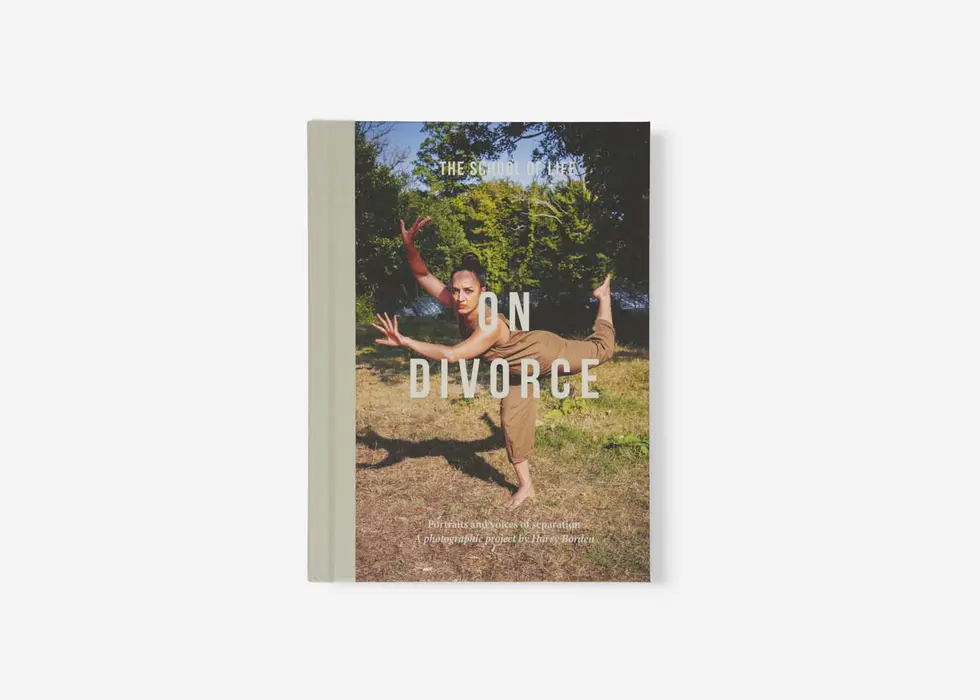Relationships • Mature Love
What Role Do You Play in Your Relationship?
One of the stranger but more useful suggestions of psychotherapy — and in particular, a branch of it known as Transactional Analysis — is that all of us contain within ourselves three essential personalities:
— a child
— a parent
— and an adult

To flesh these out a little:
The child is typically vulnerable, touching, trusting, weak, in need, incapable of properly looking after themselves and crying out for assistance, tenderness, support, structure and some rules.

For their part, the parent is strong, dominant, in control, responsible but also often chiding, critical, hectoring — and busy from all their cares and duties.

Meanwhile the adult is sane, thoughtful, in command, neither too weak nor too strong, creative and kind.

In an ideal world, we would all be able to toggle between these three personality types with relative ease. In a good relationship, we would constantly be moving between all three roles in ourselves; mostly hovering in the adult zone, but able — when occasions demand this — to go into parent or child mode.
For example, when we are feeling sad and under pressure, it should be part of health to know how to become a child again, to show our need, ask for help, curl into a ball, become small and trust that we can be met with kindness and sympathy without fearing attack or belittlement.
Then again, there should also be moments in a relationship (particularly when our usually adult partner has hit a crisis and descended into a child-like mode) when we are powerfully able to step up into a parental role and become ministering, indulgent to weakness and tantrums, calm in the face of irrationality and secure enough in ourselves to know that the child partner will in a little while revert back to the maturity and self-command that we typically expect from them.
If a couple have small children, then for long stretches both may need to act as parent, but then once the kids are in bed, they might both have a go at being sweet slightly naughty children…or one might play adult to the other one’s needy younger self.
The difficulty — for couples and individuals — is when people get stuck in particular positions, when they can only ever be children, or only ever parents or only ever adults.
There are relationships where, for example, one partner is always the child and the other is always the parent. One person is forever being a bit irresponsible and naughty. They leave their clothes everywhere, they don’t book in for a driving lesson, they don’t go to the dry cleaner, they forget to do the shopping and they lose their keys. They can be highly endearing (when one is in the mood) but you’d hesitate a lot before leaving them in charge. And on the other side of the ledger, there is a parental type partner: always chiding; always reminding the child what to do; super competent; forever rather stressed; alternately indulgent to the child but also on the edge of being cross and punitive.
Associated with this can be a deep reluctance on the part of the parental figure ever to access their child self. They always have to be strong, forever playing the role of mummy and daddy. They cannot go anywhere near being baby.
Why, we might ask, do people — and therefore couples — get stuck in these roles? Why can it be so hard to move? Why are some people rigidly incapable of feeling their way into the role of parent, or child, or adult?
In all cases, we are — typically — looking at something in the past which has made an easy transition to a particular position untenable or frightening.
There are people stuck in the child role for whom adulthood and parenthood present insuperable difficulties. Perhaps they are the offspring of a loving parent who couldn’t tolerate their own nascent maturity: to be deemed worthy of love, they had to stay baby.
Or else, alternatively one may feel one has to stay stuck in the child mode because a parent would be angry, castrating and humiliating if one dared to show independence and pride in one’s adult ideals.
At the other end of the spectrum, very poignantly, there are people whose younger selves were so badly treated, who experienced such anxiety and lack of support when they were children that the idea of being small even for a few hours presents unbearable challenges to their integrity. They may be very happy playing mummy and daddy; what they cannot ever do is be baby.
The route out of all these impasses is, as always, self-exploration and mutual honesty in relationships. Problems are never as bad as they might be once we get them into consciousness and circulate them in discussion. To admit to being a child who doesn’t dare to be an adult, or a parent who doesn’t dare to be a child isn’t just a peculiar-sounding confession. It suggests the presence of someone profoundly committed to eventual maturity and on their way to being the best kind of grown up.

























